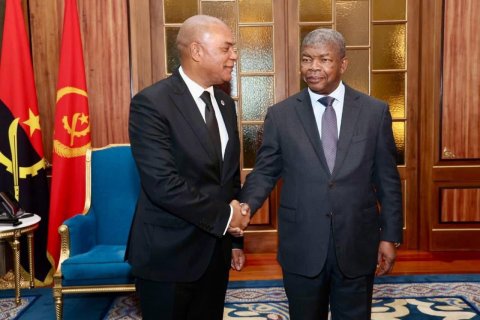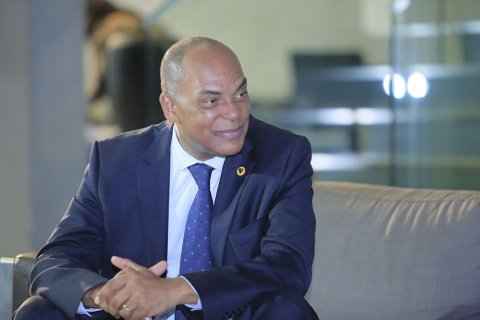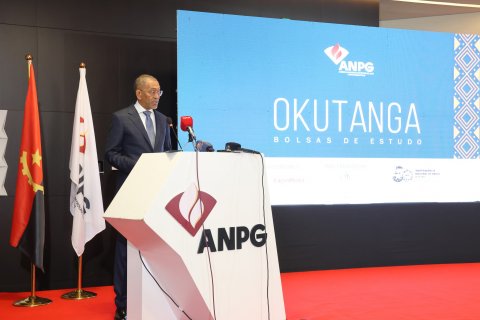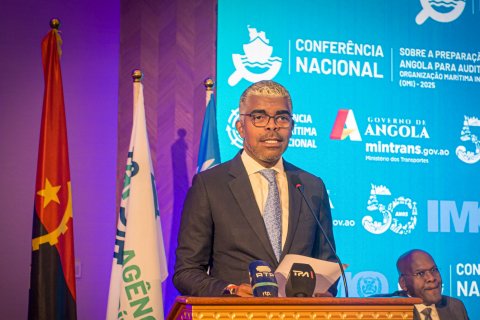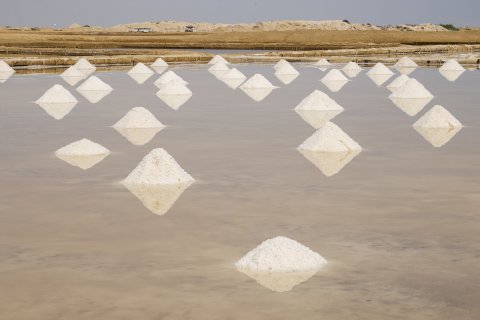Angola, Brazil, Cape Verde and Mozambique are the Portuguese-speaking countries with projects recognized in the 2025 edition of the UNESCO program, which aims to preserve the documentary heritage of humanity.
Angola appears with the victory of a joint bid for slave books and records between Angola, Mozambique and Cape Verde.
"Census of slaves in Angola, Cape Verde and Mozambique determined by Portuguese decree of 14/12/1854" is a project that comprises 79 slave registration books in these countries, created mainly between 1856 and 1875.
UNESCO states that these records, issued by decree of the Portuguese Crown, documented all enslaved and freed individuals in its overseas territories, laying the foundations for the abolition of slavery in 1869.
Regarding the importance of this candidacy from three Portuguese-speaking countries, UNESCO says that these records are about "a time when slavery had opponents all over the world" and these books "provided detailed records, including names, sex, place of birth, age, physical characteristics, occupations and information about slave owners".
Brazil has two recognized nominations: The "Carlos Chagas Archive" and "The Ethno-Historical Map of Curt Nimuendaju: a cartographic encyclopedia at the service of the languages, cultures and memories of indigenous peoples".
The "Carlos Chagas Archive", by Brazilian physician and scientist Carlos Chagas, reflects, according to UNESCO, "the scientific, social and cultural contexts of the discovery of the disease that bears his name", as well as his fight for science and health.
For UNESCO, the establishment of World Chagas Disease Day by the World Health Organization in 2019 "demonstrates the importance of this neglected disease on the global health agenda".
The other recognition for Brazil goes to the cartographic work "The Ethno-Historical Map of Curt Nimuendaju", which is considered a milestone in the history of anthropology. The document summarizes the knowledge produced about indigenous peoples in Brazil and neighboring regions, from the 16th century to the mid-20th century.
According to UNESCO, the map presents information on approximately 1400 indigenous groups, belonging to 41 linguistic families, based on around 900 bibliographical references and stands out for "highlighting the occupation of space, the natural mobility of different groups and the displacements caused by colonization and the consolidation of Brazilian territory".
In Cape Verde, the project "Documents on Slavery in the Archives of the General Secretariat of the Government (Cape Verde, 1842-1869)" was chosen.
UNESCO indicates that, in this project, the manuscript books of the Fonds d'Archives du Secrétariat Général du Gouvernement date from 1674 to 1954, with the majority of the documentation from 1803 to 1927.
Considering that these documents are from the largest collections of the National Archives of Cape Verde "and the most sought after by researchers", this collection plays, adds the organization, "a fundamental role in preserving the memory of slavery and encouraging research into its different aspects".
The collection consists of four boxes, 21 items, 702 sheets of loose documents, a handwritten book relating to the Freedom Charters, a book of Oaths and minutes of sessions of the Luso-British Joint Commission.
Created in 1992, UNESCO's Memory of the World program aims to preserve humanity's documentary heritage, promoting its protection against oblivion, deterioration and destruction. It is a legitimizing body that recognizes and guarantees the value of collections, using, in this process, several categories of specialists to analyze the applications.


